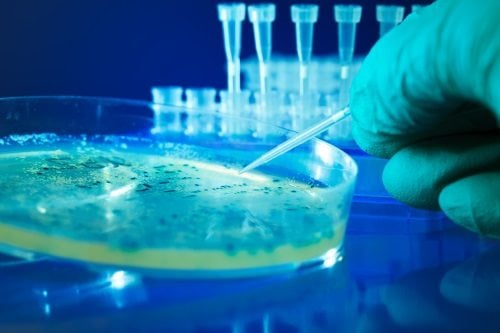According to a new market report from Strategic Consulting, Inc. (SCI), food companies around the world increasingly rely on third party contract testing laboratories for their food quality and safety testing.
In 2013, worldwide revenue for food contract testing laboratories will exceed $3 billion, with a compound annual growth rate of 9.4%.
With the volume of food testing conducted at contract laboratories growing at a faster rate than the food testing market as a whole, this trend has implications for both food companies and diagnostic test manufacturers, according to the report.
The shift to contract testing laboratories for their food quality and safety testing means that food companies are increasingly dependent on third party laboratories outside their food plants for the integrity of their quality and safety programs.
It also has the potential to significantly impact the companies that manufacture food diagnostic tests and instruments, as a greater portion of their business is determined by the performance requirements of contract testing laboratories.
Prior to 1980, most food company programs for quality and safety testing were fully integrated and self-reliant, with trained staff and specialized equipment to collect and analyze food samples managed in laboratories located at the food plant.
After 1980, specialized food laboratories began to spring up, both at central corporate locations and at independent third party laboratories, in response to the growing complexity, cost and volume of testing required by food producers and retailers.
As food companies began to realize that they could get timely and accurate test results from outside laboratories that focused on food quality and safety testing, the trend has accelerated.
In addition, food quality standards such as hazard analysis and critical control points and new regulations due to the Food Safety Modernization Act have increased the process, documentation and accreditation requirements for food quality and safety programs and laboratories.










